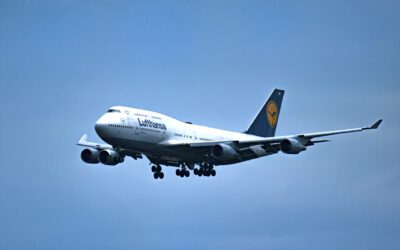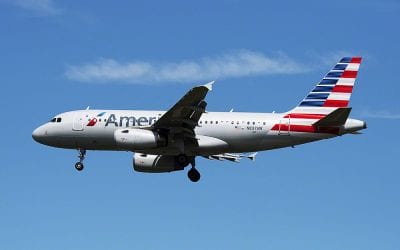Upgrading airline tickets is getting harder and harder, especially for anyone who doesn’t have elite status.
One alternative: simply buy first class tickets. To that end, carriers have come up with an increasing number of discounted premium cabin fares. But these tickets aren’t always what they seem.
When a family was taking a Galapagos cruise in August, I offered them a discounted first class fare on American Airlines that was only $2,117 round-trip per person from San Francisco to Guayaquil, Ecuador. They jumped on it.
While the first three flights were fine, American had problems with their luggage in Miami on the return. This resulted in them being so late for their connecting flight that their first class seats were given away. The family made the plane, but were scattered in middle seats in coach.
When the mother wrote to customer relations for compensation, she received a refund of $120 per person, and wasn’t happy. So, on her behalf, I contacted the American sales office. And while I found someone who is trying to be helpful, she also pointed out that these first class tickets weren’t really first class tickets.
Huh? The tickets were issued in first class, and they were almost $1,000 more than the lowest available coach fare.
But, according to American’s internal rules, they “are Economy/Coach fares that are considered instant upgrade fares, or coach fares that allow F class seating if the inventory is available.”
Translation: If for some reason there is a change in the passenger’s flights, whether that’s voluntary or involuntary (i.e. equip downgrade, or cancellation and protection on alternate flight), they are only guaranteed the premium cabin seating if the inventory is available.
The sales representative sent a further rules explanation: “To compensate customers who hold Instant Upgrade tickets (UP fares) and travel in coach due to an involuntary seat change, equipment change, routing change, flight cancellation or a missed connection, refunds will issue a transportation voucher upon request. The voucher will equal 0.10 USD per mile or 50.00 USD, whichever is greater, for each flight segment flown in the downgraded cabin.”
By that token, she should have received about $258 per ticket for the transcontinental flight from Miami to San Francisco. So we hope to get her more compensation. But after an overnight flight from Ecuador to Miami, with another six-plus hour flight to go, the money was not the point.
From a travel agent point of view, we have known some of these discounted first class fares are different. Many of them are nonrefundable with change fees, and they may not be eligible for corporate discounts or contracted commissions. But the idea that they are not really first class is something new entirely. Especially with that “involuntary” qualifier.
It makes some sense that if a traveler chooses to change from a discounted premium class fare to another flight they should not get the same priority as a full fare ticket. But “involuntary” covers a lot of airline issues, and “the inventory is available” means that, technically, an airline could have first or business class seats open, but hold them for higher-paying passengers.
If these discounted fares — or “instant upgrade” fares, as American is calling them — were no different from the lowest coach fare, the carrier might have a stronger point. Or if their refund policy was to refund down to the lowest coach fare.
American is telling consumers that they can pay more to sit up front, if everything goes right. But if the airline cancels the flight, causes them to miss their connection, or just uses a different plane with a smaller premium cabin, well, here’s at most $50, which must be used on a future flight.
To my mind, however, it’s precisely when things go wrong with airline travel that sitting up front is most appreciated, especially when circumstances add hours to an already long and stressful travel day.
Of course, travelers could use the voucher to pay for part of another upgraded trip on American, if they want to take the risk again. Or they could decide to look for a competitor who only sells “real” premium class tickets.

Charlie Leocha is the President of Travelers United. He has been working in Washington, DC, for the past 14 years with Congress, the Department of Transportation, and industry stakeholders on travel issues. He was the first consumer representative to the Advisory Committee for Aviation Consumer Protections appointed by the Secretary of Transportation from 2012 through 2018.



